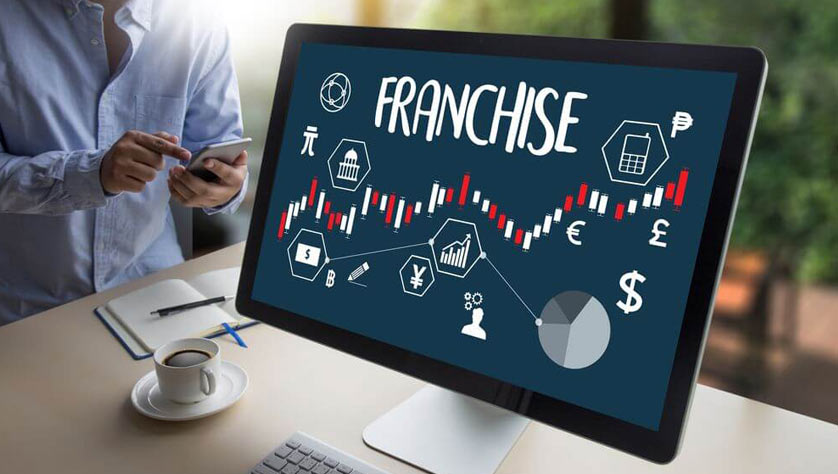- Insights
- /
- Strategize Your Franchise Success
- November 2021
STRATEGIZE YOUR FRANCHISE SUCCESS

Most brands are in a hurry to spread their reach by taking franchisees on board. The aim here is to maximise profits. But that’s now how you can stay put for the long term
The Indian franchise market undoubtedly has immense potential. However, often the reasons for success and failure are a culmination of things that are ignored by a majority of brands or investors. This is the reason why only 20% of franchise businesses succeed. These reasons range from commitment, capital, choosing the right partners/franchisees, managing the microeconomics, product innovation to structuring businesses to fit the right markets.
THE DIFFERENTIATORS
Choosing the right partners/franchisees : International businesses that come to India, often go with the finances and ignore the ability of the partners they choose. entrepreneurs or businesses who are fit to run franchises can be of two types- Operators & Developers.
Typically, an operator is only equipped to run an establishment as it is. Its success or failure is dependent on external stakeholders like the franchisor, the market, the economy etc. Such entities are fit to run single or multiple units, at best.
A developer, on the other hand, is capable of contributing much more to the brand. It may range from product development & store modifications to running campaigns. Often, the first kind aspires to be the second.
Microeconomics : There are three major elements of microeconomics of franchising in India- Culture, Costs & Consumption pattern. Less than 20% of start-ups since 2012 in India have survived, and one of the biggest reasons of their failure has been their inability to gauge, monitor and adapt to these factors.
An interesting example here to be noted would be the fact that in Delhi (NCR) alone, the real estate costs range from INR 50 to INR 2,500. Now, these locations clearly are accessible to very different demographics.
On one hand, India is considered to be a very price sensitive market, on the other hand, high disposable income among a large population makes it a favourable market for premium brands like Starbucks.
Brand threshold : Brands often fatigue due to the lack of proper usage of Consumer knowledge, Technology and Training & Development.
In a related matter, research indicates that employees of organizations providing the most training are nearly twice as engaged as employees who receive little or no training T(43% versus 83%), which, in turn, shows that engaged employees are productive. Same is the case with franchisor-franchisee relationship. Investing in training ensures a successful relationship for a long term.
As far as technology is concerned, its best use involves engaging with the right audiences, acquiring the right product/service/information and delivering what is needed.
These factors essentially help in reducing brand fatigue.
Product innovation : History suggests that the most iconic brands be it CocaCola, McDonald’s or Xerox have been industry starters.
With the existence of giant brands, it is quite difficult for new entrepreneurs to come up with something radical frequently. That did not stop the founders of companies like MailChimp, Shopify or PayPal from making it big. Competing with companies like Apple or Google may be difficult, but providing solutions is relatively less difficult.
Research suggests that solutions-based companies are more than 70% likely to succeed
-
DEC 2024
Emerging Franchising Trends in India: Opportunities, Benefits, and Challenges
Franchising in India is booming like never before. With a market estimated to grow to $140-150 billion by 2025, this...
-
When Agency Problems Arise
DEC 2021
-
Franchise Sector Expected To Outpace Indian
OCT 2020
-
Strategize Your Franchise Success
NOV 2020
-
Franchised vs Individual Businesses
Sept 2020
-
Building A Strong Foundation
NOV 2020


